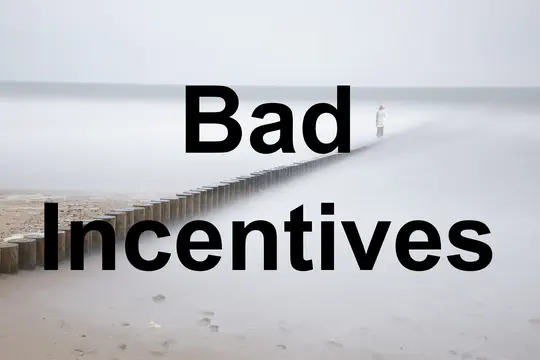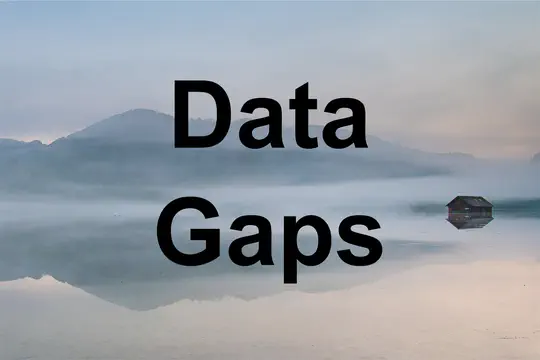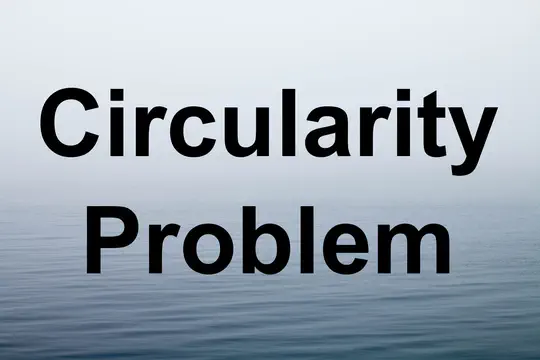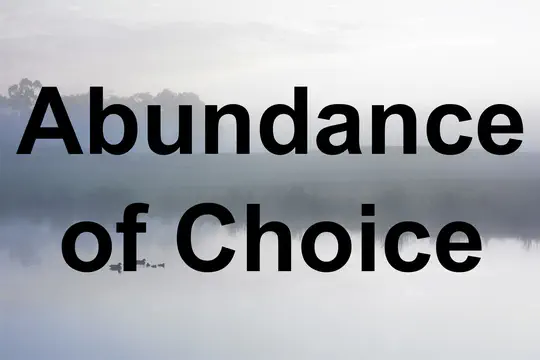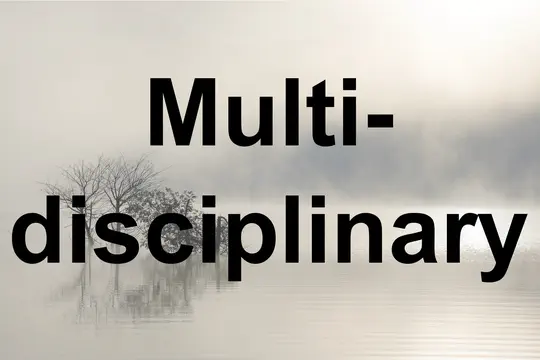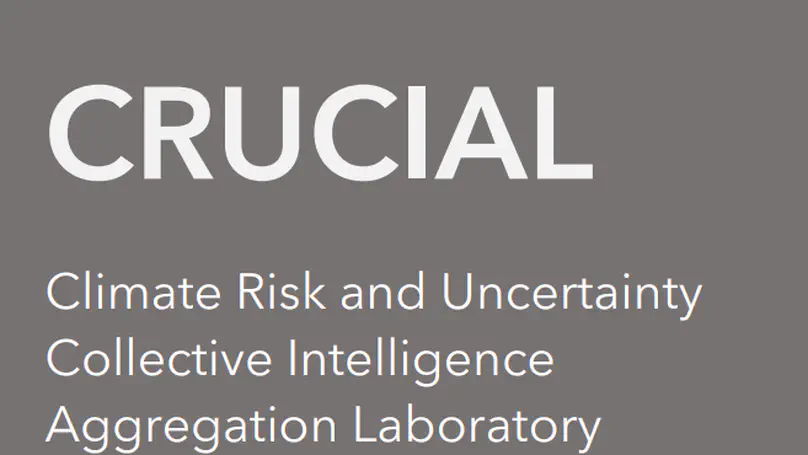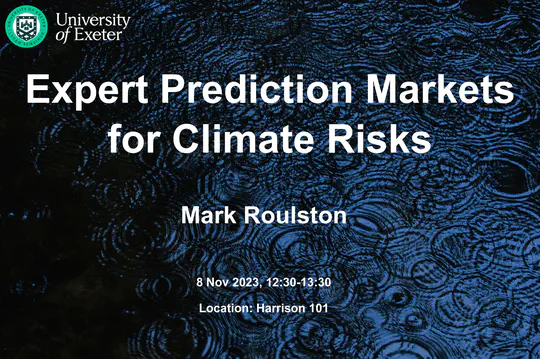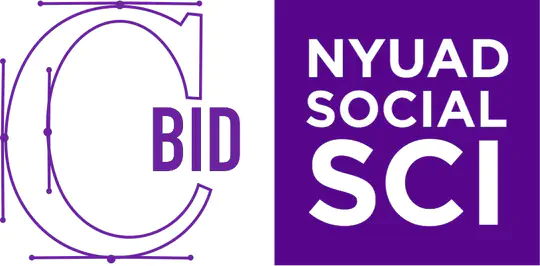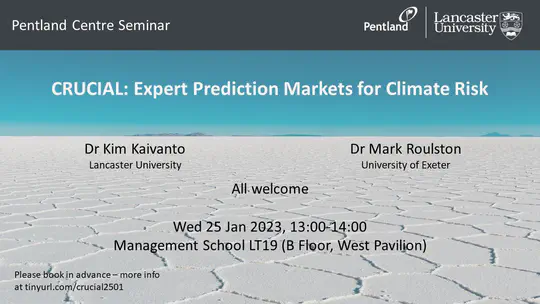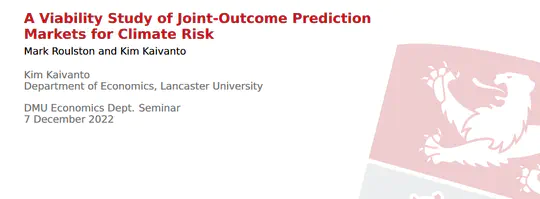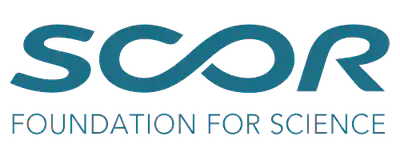C R U C I A L
Climate Risk and Uncertainty Collective Intelligence Aggregation Laboratory
CRUCIAL’s mission is to deliver calibrated, high-quality climate-risk forecasts.
We employ expert prediction markets – hosted on the AGORA prediction-market platform – to elicit, aggregate, and summarise knowledge on future climate risks, drawing on expertise from diverse areas of physical, social, and policy science.
27.11.2024: We are pleased to announce and acknowledge financial support from the SCOR Corporate Foundation for Science.
Climate-risk information provision faces severe challenges
AGORA prediction market platform
AGORA is a platform for hosting sophisticated prediction markets that can aggregate the output of quantitative predictive models alongside more tacit forms of expert knowledge. AGORA was originally created by the investment manager Winton Group before being further developed by its technology spinout, Hivemind.
AGORA supports markets that generate high-resolution joint probability distributions from the trading activity of participants, who can use the AGORA UI or trade programmatically using an API.
AGORA has been tested over the past three years and used to run prediction markets with expert participants for forecasting seasonal temperatures and rainfall, Atlantic hurricane activity, and El Niño events. Hivemind transferred the IP for AGORA to Lancaster University in 2022 for use in CRUCIAL.
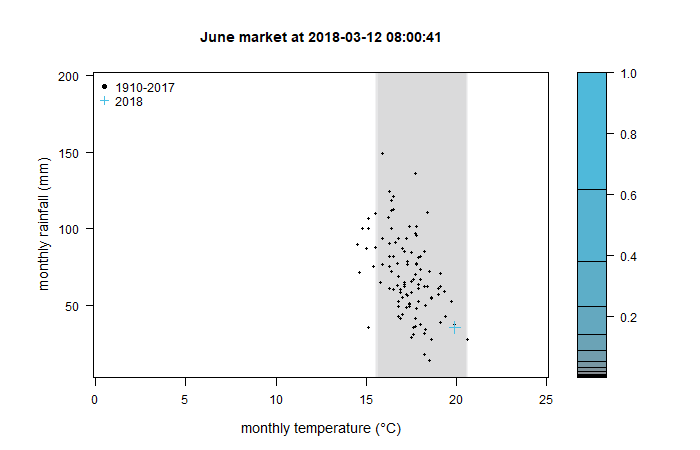
Markets
| Market | Census period | Open | Close | Status |
|---|---|---|---|---|
| Atlantic Hurricane Market 2025 | 1 Jun – 30 Nov 2025 | 13:00 UTC 2 Jun 2025 | 24:00 UTC 30 Nov 2025 | Live |
| El Niño–Southern Oscillation Market Sep–Nov 2025 | 1 Sep – 30 Nov 2025 | 13:00 UTC 9 Jun 2025 | 24:00 UTC 30 Nov 2025 | Live |
| El Niño–Southern Oscillation Market Dec–Feb 2025/6 | 1 Dec – 28 Feb 2026 | 13:00 UTC 10 Jun 2025 | 24:00 UTC 28 Feb 2026 | Live |
| El Niño–Southern Oscillation Market Mar–May 2026 | 1 Mar – 31 May 2026 | 13:00 UTC 11 Jun 2025 | 24:00 UTC 31 May 2026 | Live |
| El Niño–Southern Oscillation Market Jun–Aug 2026 | 1 Jun – 31 Aug 2026 | 13:00 UTC 12 Jun 2025 | 24:00 UTC 31 Aug 2026 | Live |
| El Niño–Southern Oscillation Market Sep–Nov 2026 | 1 Sep – 30 Nov 2026 | 13:00 UTC 13 Jun 2025 | 24:00 UTC 30 Nov 2026 | Live |
| El Niño–Southern Oscillation Market Dec–Feb 2026/7 | 1 Dec – 28 Feb 2027 | 13:00 UTC 16 Jun 2025 | 24:00 UTC 28 Feb 2027 | Live |
| Atlantic Hurricane Market 2024 | 1 Jun – 30 Nov 2024 | 09:00 UTC 11 Dec 2023 | 24:00 UTC 30 Nov 2024 | Settled |
Papers & Publications
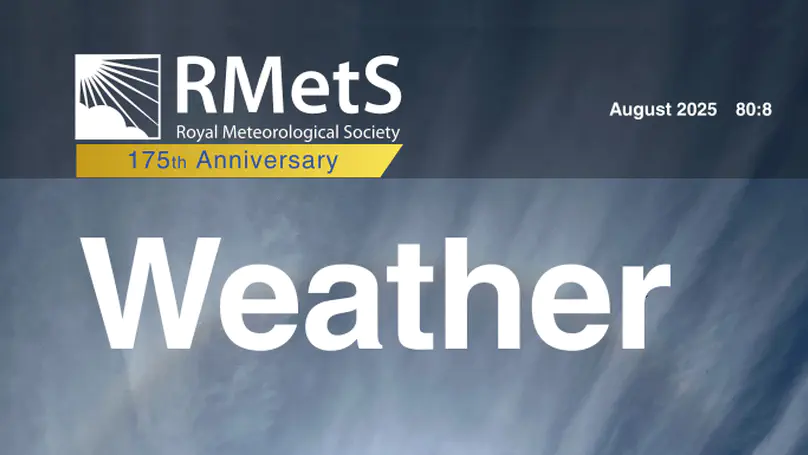
Before the 2024 Atlantic hurricane season began the consensus was that it would be one of the most active seasons in history. However, a prolonged quiet period during late August and early September possibly led forecasters to question these predictions, before later activity fulfilled the season’s high expectations. The CRUCIAL initiative ran a “prediction market” during 2024 which allowed experts to bet on the number of hurricanes. Prices in this market provide an insight into how views changed during the season. Prediction markets can efficiently aggregate the judgements of multiple experts and provide more up-to-date information than periodically issued forecasts.

This paper reports viability tests of prediction markets with highly granular, monthly UK rainfall and temperature joint outcome spaces. The experiments demonstrate these markets can aggregate the judgments of experts with relevant expertise, and suggest similarly structured markets, with longer horizons, could provide a mechanism to produce credible forecasts of climate-related risks for policy making, planning, and risk disclosure.
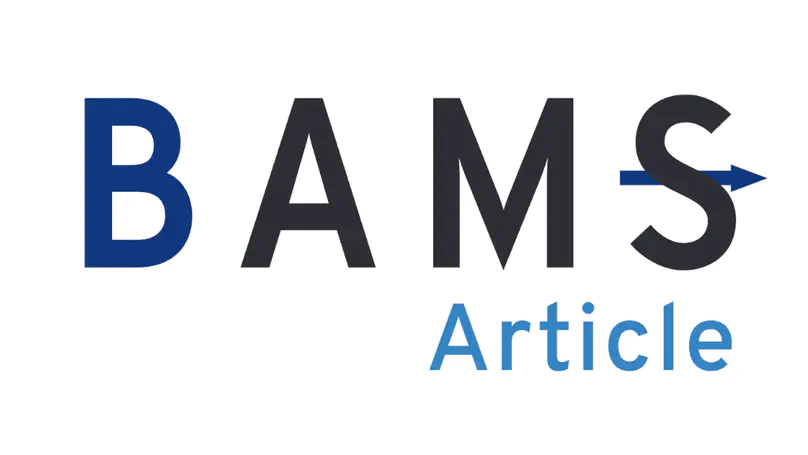
This article examines the performance of 24 prediction markets for climate-related variables that have been run over the past five years. The markets had horizons of 2 to 12 months. The predictions of the markets were consistent with good reliability, given the resolving power afforded by the sample size.
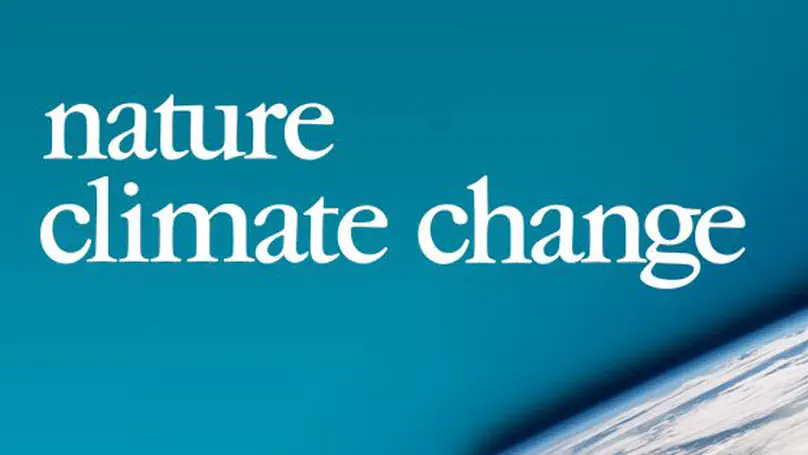
Forward-looking information about climate risks is critical for decision makers, but the provision and accuracy of such information is limited. Innovative prediction-market designs could provide a mechanism to enhance applied climate research in an incentive-compatible way.
Posts
Talks and events
Contact
Send us your CRUCIAL message.
